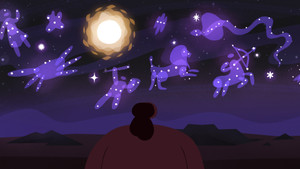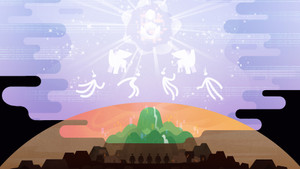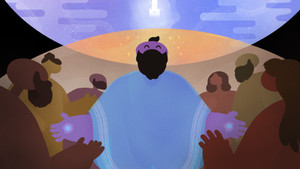
6:21

What is the divine council? This biblical phrase is used to describe God's heavenly "staff team." These spiritual powers were created to have authority alongside humans, but everyone rebels and creates huge problems that only Jesus can resolve. We dig into all of this and more in episode three of our Spiritual Beings series.

Episode 5

Episode 1

Episode 2

Episode 3

Episode 4

Episode 5

Episode 6

Episode 7

Episode 8